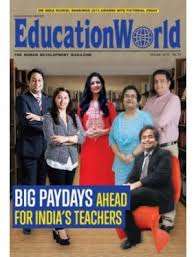PROGRAM
Integrating Risk into Strategic Decision-Making - Live Online
This programme is designed to help leaders recognise and manage the interaction between the broader environment and strategy. We will look at some of the risk-informed decision-making components such as risk appetite, culture, strategy, business context, scenario generation. You will be guided through practical frameworks to assess strategic implications from risks associated with the way your organisation works in practice. By the end of the programme, you will leave with a reassessment of both your strategy and how to effectively implement it in a world shaped by complex decision-making environments. You will be able to identify current risks and anticipate emerging risks to seize the opportunities hidden within them.
During this programme you will take part in team exercises in small breakout groups where you will gain feedback from your peers and faculty members. Work on a scenario take away task for your organisation and bring it back for discussion and analysis. You will also interact with an established panel and learn from their insights and experience.
In the first part of the programme, you will analyse how risk informs your strategic perspective. By the end of part one you should be able to:
- Manage risk-related behaviours and heuristics in yourself and others
- Define your organisation’s appetite for risk
- Evaluate how your organisation’s culture impacts its approach to uncertainty
- Apply scenario planning frameworks to identify and assess drivers of change for your organisation.
- In the second part of the programme, you will evaluate how risk affects the implementation of your strategy. By the end of part two you should be able to:
- Stress test your current strategy to assess the risk of operating today’s business as usual in future
- Identify vulnerabilities in your business model to improve resilience for future systemic events
- Recognise how a small event transitions to a systemic event through complexity and contagion
- Evaluate how your organisation functions in crisis.
Cambridge Judge Business School, Executive Education
ARTICLES YOU MIGHT LIKE
RESEARCH
New research shows how ‘craft’ as a way of work organization can offer solutions to today’s workplace challenges
DEVELOPING LEADERS QUARTERLY MAGAZINE AND WEEKLY BRIEFING EMAILS

Developing Leaders Magazine:
The Essential Leadership Quarterly
The Executive Briefing and Upcoming Programs































